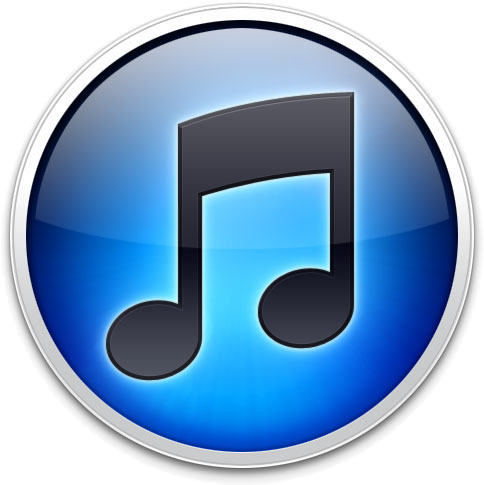The ALAC audio codec was developed by Apple and is supported on the iPhone, iPad, Mac, iTunes and most iPods. Apple made the announcement this week that the project is now open source via the MacOS Forge website.
ALAC compressions reduces the file size of audio files, but as represented by its "lossless" name, the compressed files do not have any loss of information. Decoded ALAC files are identical to an original uncompressed audio file.
Lossless audio formats like ALAC, FLAC (Free Lossless Audio Codec), and WavPack are popular among audiophiles, as they retain the original quality of the recording while taking up about half the space of the original file.
The ALAC project made open source by Apple contains the sources for both the ALAC encoder and decoder, as well as an example command-line utility called alaconvert. With this, users can read and write audio data to and from original Core Audio Format and WAVE files.
ALAC files are stored within an MP4 container with the file extension ".m4a" — the same extension used by the AAC format that most iTunes purchases are stored in. However, as a lossless format, ALAC is not a variant of AAC.
Available under the free Apache license, the ALAC sources allow users to use the software for any purpose, including modification and distribution. The license requires that any original copyright, patent, trademark and attribution notices in redistributed code be preserved, and notifications be provided for every licensed file that may have been changed.
ALAC has been a part of the Mac OS X Core Audio Framework, as well as iTunes 4.5 and QuickTime 6.5.1, since April of 2004. The format is also used for Apple's AirPlay wireless streaming technology.
 Sam Oliver
Sam Oliver








 Malcolm Owen
Malcolm Owen
 William Gallagher
William Gallagher
 Andrew Orr
Andrew Orr









-m.jpg)




52 Comments
inevitable
Btw, did I ever tell you how much I.....
am first!?
inevitable
Why? I'm curious.
We're not on YouTube. Please at least pretend you've passed puberty.
Good work Apple - now do the same for ProRes. We really need a standardised format for file-based digital video in the broadcast industry. You've got nothing to lose by making it an open standard.
A
Why is Apple even bothering with this? Does anybody really use ALAC?
Why not simply make iOS so it supports the popular lossless formats? Is ALAC superior to the other lossless formats?
This is the codec I used a few years ago to rip all my CDs before throwing them out (got sick of carting them from apartment to apartment).
The resultant files are quite big (25-35MB for a single track) but I didn't want to lose any quality (well CDs aren't perfect to begin with, but any *more* quality I mean).